The Marginalist Counter-Revolution, Science and Medical Social Management
July 24th, 2020 by Dr. T. P. Wilkinson
By the time Alfred Marshall became prominent, the theory of capitalism formulated in Marx’s Capital had become a theoretical pillar of organised working class politics in Europe. Remarkably the so-called “marginalist revolution”, of which Marshall became a leading figure, coincides roughly with the abolition of slavery in Brazil (1886) and a major economic depression.1 Thus the shift from economics, for the allocation of surplus to that of managing scarcity is not a purely theoretical development. Following later scholars like Eric Williams, who argued that the “surplus” for industrialisation in Europe — that which had to be allocated through struggle or Adam Smith’s “invisible (whip) hand”– was derived from slavery and would now under the terms of marginalism become a “scarcity” of resources that theoretically had to be shared with liberated slaves and organising industrial labour.2
One of the objectives of political struggle in the 19th century was to appropriate the wealth held by the Church and the State and subject it to community/popular control. This meant also a struggle to find forms of governance adequate to this task. The opposition of marginalism, closely linked to progressivism and the emergence of “science” as religion (Auguste Comte and Herbert Spencer), was a denial that the economic relationships between classes could be defined in any way, which would permit popular/communal control.3
Marginalism not only rejected the existence of a surplus to be allocated but also the idea that social benefit could be measured and therefore allocated through communal/popular governance. Since every economic relationship was reduced to implicit contracts between individuals there was no way to create scientifically reliable economic knowledge of classes, only tentatively for individuals, so-called methodological individualism.
What came to be social policy at the outbreak of WWI was, in fact, a denial that there was anything social at all. The entire history of the State’s promotion of adventurers, who in turn bought or leased the instruments of the State for the creation of monopoly wealth, was reduced to a footnote at best. Marginalism was conceived to explain — apologetics — what, in fact, had led to its creation as an ideology to counter democratic economic forces.
This is important in order to understand how the US religious doctrine of “free enterprise” was concocted and how the marketing strategy of the Public-Private Partnership (PPP) became the dominant ideology of the end of the 20th century and the formal unquestioned dogma of the 21st. What is often alternatively called “neo-liberal” and “neo-conservative” is better understood if one looks at the history of the Roman Catholic Church. The 18th and 19th centuries were something like the Reformation, culminating in Marxism — itself a spectrum as broad as that between Lutheranism and Calvinism. The 20th century began the “Counter-Reformation”. Despite the successes of the October Revolution (1917), the Chinese Revolution (1949) and the Cuban Revolution (1953-1958), the effect of this counter-revolution was to isolate these revolutions from the rest of the Church. In 1989, the Russian Revolution was no longer merely isolated but largely defeated — not surprisingly with a Polish pope in the van. The bullet in the neck was the NATO war against Yugoslavia.
The Counter-Reformation had two principal effects in Christendom. One was that it defeated the Reformation in the core Catholic dominions. In the Spanish and Portuguese Empires, for example, there was no Reformation. In the rest of the realms, the political content of the Reformation was purged. Luther and Calvin sided with the State and preserved their own versions of clericalism, inheriting, but not abandoning, the economic wealth and privilege established by centuries of Church theft.
The three great revolutions of the 20th century and to a far lesser extent the failed Mexican Revolution were the first to successfully transfer the socially generated wealth that had been appropriated by the Church and the corporate class (whether aristocratic or plutocratic) to a political structure based on popular/communal ownership and forced, for a brief period, the “Capitalist Church” to share at least symbolically some of its hoarded loot to provide facilities called “public” (as opposed to popular) and create a veneer of reform. The Church did the same thing in the Counter-Reformation — terrorising with the Inquisition and extending educational access through schools for the working class and poor and allowing local languages and some minor concessions to national preference in the clergy. From 1949 until 1989 the strategy was fierce repression and selective gradual openings: social democracy in Western Europe (except Spain and Portugal, of course) on the “front” and death squads everywhere else.
1989 put an end to the biggest competitive alternative system and restored Russia to Orthodoxy if not to Catholicism. Since then the entire veneer of social democracy has been scraped away in the Western front-line states. Seventy-odd years of pacification reduced the forces of class struggle — meaning those who supported popular/communal control of social wealth rather than corporate monopoly of the State — to less than a shadow of their former selves.
Nowhere, and at no time, has this become more evident than in 2020 when not a single political party of the “class struggle” tradition was able or willing to respond to the coup de grace against public space, social wealth and humanism that was administered in March past. The conspicuous silence at the massive theft that was orchestrated — untold trillions — while the bulk of the Western population was under house arrest — is beyond shameful.4 This was not an act to restrain a viral pandemic but an act culminating in the final expropriation, not only of the last scraps of social democracy but of the entire public space in which such struggles took place but also could take place. In Portugal, the quality might be called “Salazar light”, not the “new normal” but the “Estado Novissimo“.5
What we hear, for example, from the curia in Brussels, with its quasi-dual pontificate comprising the German Chancellor and her former rival now the president of the European Commission or the World Economic Forum, is something comparable — but, of course, on a global scale — a homily like that delivered by Martin Luther in support of the violent suppression of the Peasants’ Revolt. (Here I am only talking about those who are members of the “Left”.)
The Counter-Revolution/Counter-Reformation, whose spokespersons convene in the conclaves at Davos, has clear objectives. The euphemism is the great “reset”.6 What is described euphemistically as “growth” has always meant growth in power and control. By declaring an end to public space — anywhere — they are returning us to the closed world whose creation and maintenance was the objective of the Roman papacy. (I republished the bull Unaam Sanctam earlier this year for a reason!7 I do not want to repeat here everything I have tried to describe elsewhere. 8 At this writing the conclave in Brussels is deciding what to do with the residue of Christendom in the Western Empire.
Habemus Reset!
Somewhere I read in a history of China that at least the Confucians were amazed at the Roman Catholic Church’s organizational power and wondered that there was nothing equivalent to it in China. The Rockefeller Foundation was so concerned about China that it started very early (ca. 1914) to fund and train Chinese physicians in the Rockefeller model of industrial medicine and social engineering.9
The West compensates for its relatively small population with an extraordinary level of violence and organization. It was that “catholic” organisational capacity that shut down the West and its dependencies in March — and including the Shrine in Fatima, defies the strength of the Holy Virgin.
(What we have been told is the 18 months in the race to a “vaccine” should probably be seen as a planning parameter — adopted at least as early as 2015 — in the pacification program for which the vaccine is both a decoy and a weapon, by no means a toy.)
*
Note to readers: please click the share buttons above or below. Forward this article to your email lists. Crosspost on your blog site, internet forums. etc.
This article was originally published on Dissident Voice.
Dr T.P. Wilkinson writes, teaches History and English, directs theatre and coaches cricket between the cradles of Heine and Saramago. He is also the author of Church Clothes, Land, Mission and the End of Apartheid in South Africa.
Notes
- For a discussion of the so-called “marginalist revolution” see, for example, Nuno Martins, “Interpreting the capitalist order before and after the marginalist revolution”, Cambridge Journal of Economics 2015, 39, 1109-1127.
- See Eric Williams, Capitalism and Slavery, and Gerald Horne, The Apocalypse of Settler Colonialism, reviewed by this author.
- What most people understand as “Darwinism” is actually “social Darwinism” as taught by Herbert Spencer et al. Charles Darwin did not consistently argue for the “survival of the fittest”. Rather he suggested that species’ variations could explain why some members of a species proliferated in an environment or survived changes in the environment. Unlike Spencer and vulgar Darwinists, Darwin claimed no teleology or interest in nature that could predict or promote any species or variation thereof. For a brief discussion of the difference between Darwin and vulgar Darwinism, see Morse Peckham, “Darwinism and Darwinisticism” in The Triumph of Romanticism (1970) pp. 176-201.
- While it is a matter of record that the US Federal Reserve gave away some USD 4 trillion on a single day at the beginning of the so-called pandemic, with no questions asked, both the US regime and its vassals in Brussels feel that any assistance to Europe’s SME sector must be endlessly debated and so structured that only the administering banks profit from it.
- For example, under Salazar’s Estado Novo that ended by revolution in 1974, three persons meeting in public spaces; e.g., on the street, constituted a “demonstration” requiring police authorisation. For those old enough to remember, the similarity to masks and social distancing is hard to overlook.
- World Economic Forum: The Great Reset; see also here:
- “There is One God, One Faith, and One Church“ Dissident Voice, May 2020.
- See my Dissident Voice articles this year if interested. See, among others, “Re-Orientation”, 3 February 2020, and “The First Circle”, 24 April 2020.
- E. Richard Brown, Rockefeller Medicine Men, Medicine and Capitalism in America. It is just a coincidence that it was also a man named Gates, Frederick T, a Baptist preacher and not a physician, who initiated the tradition of plutocrats using medical institutions to design society in their particular interests. Rockefeller money turned the Peking Union Medical College from a missionary endeavour into a scientific medical school. Rockefeller money also seeded the Johns Hopkins University School of Public Health, now under the patronage of billionaire Michael Bloomberg, where it hosts such exciting séances like Event 201.
Featured image is from DV


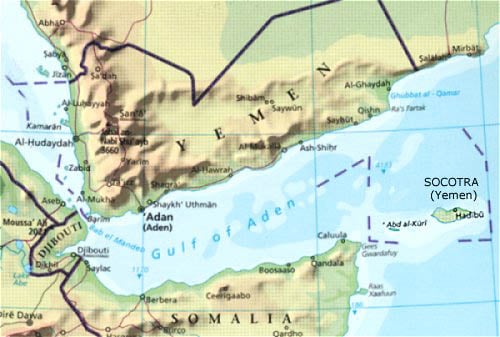

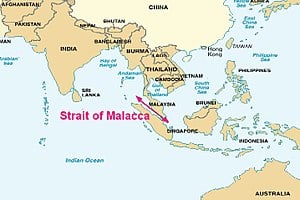
 War games are an integral part of a “package” of threats and sanctions directed against Beijing including trade restrictions and the blacklisting of Chinese businessmen by the Trump administration.
War games are an integral part of a “package” of threats and sanctions directed against Beijing including trade restrictions and the blacklisting of Chinese businessmen by the Trump administration.

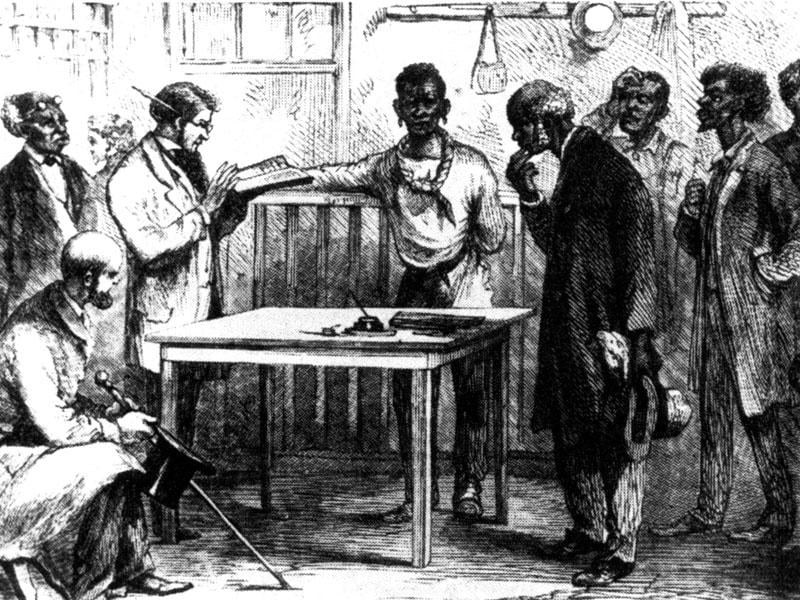

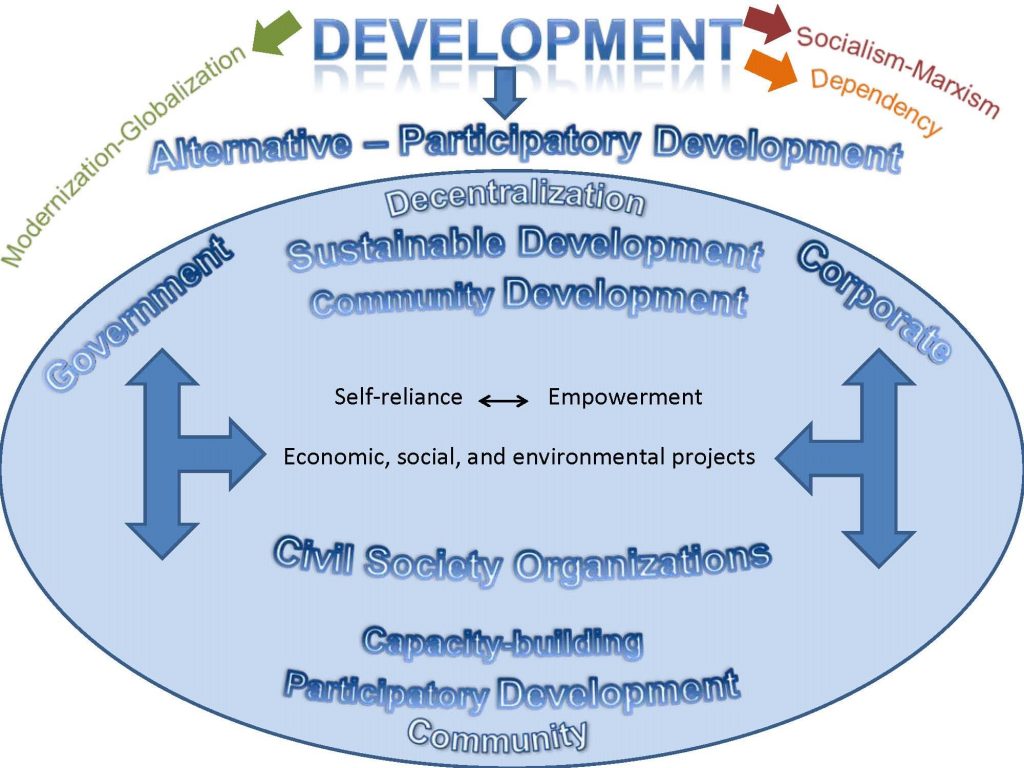



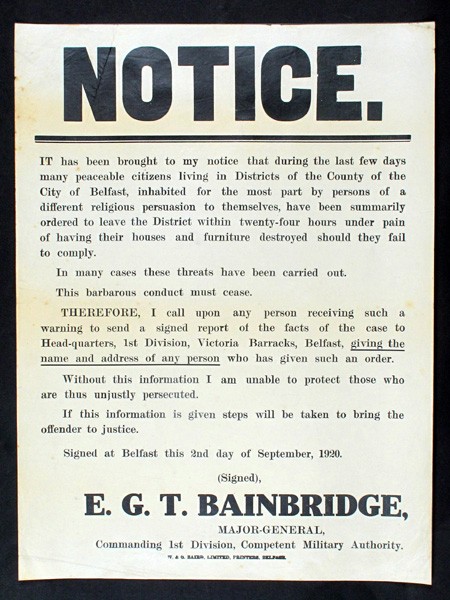
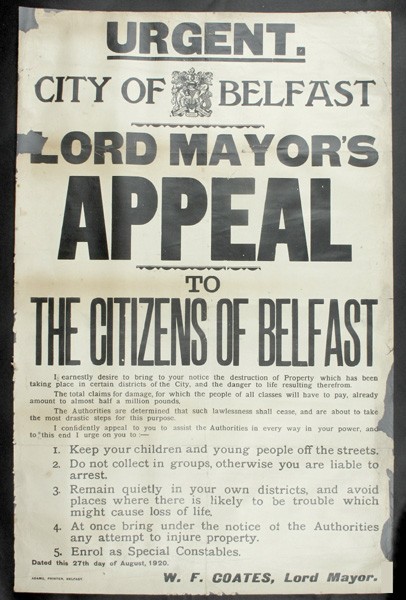
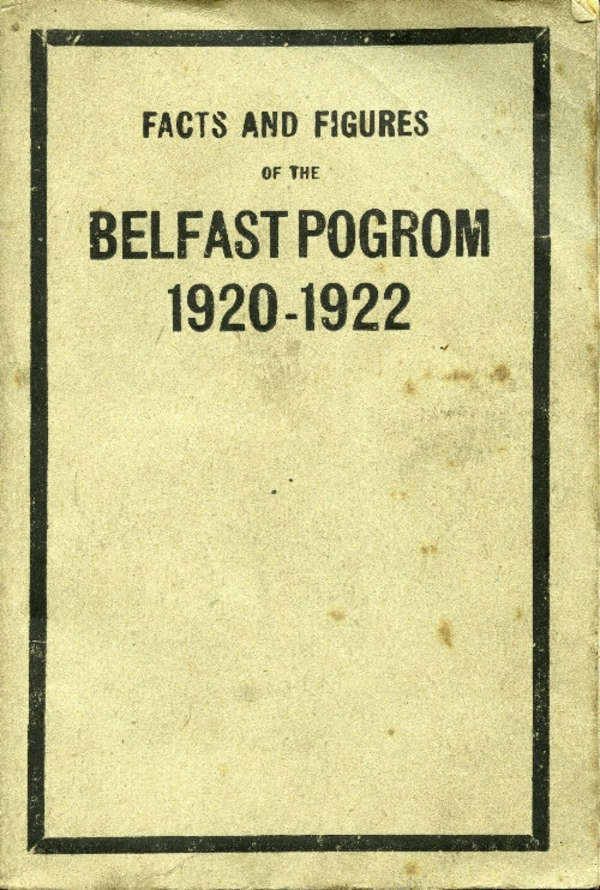
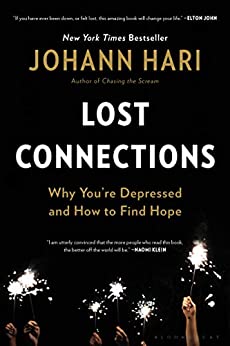
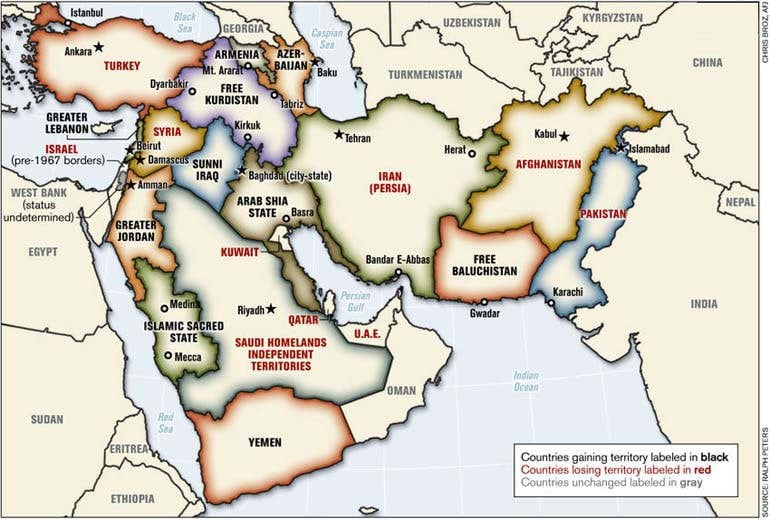





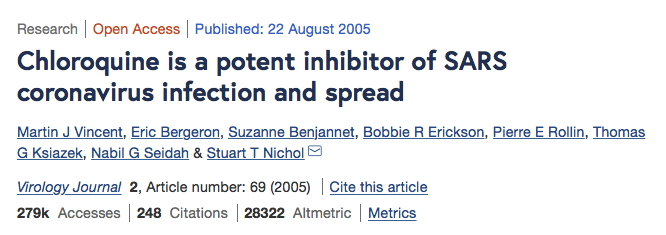
 (For further details see
(For further details see

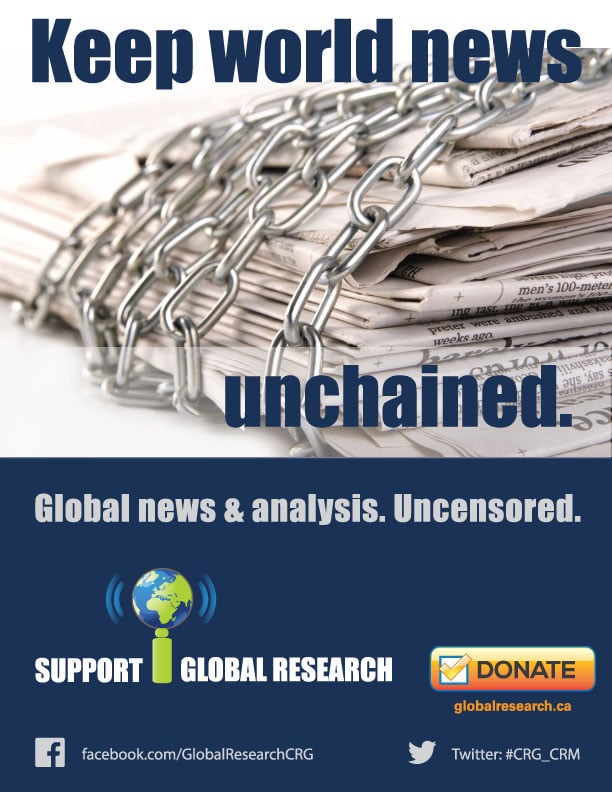 Can you
Can you 





























